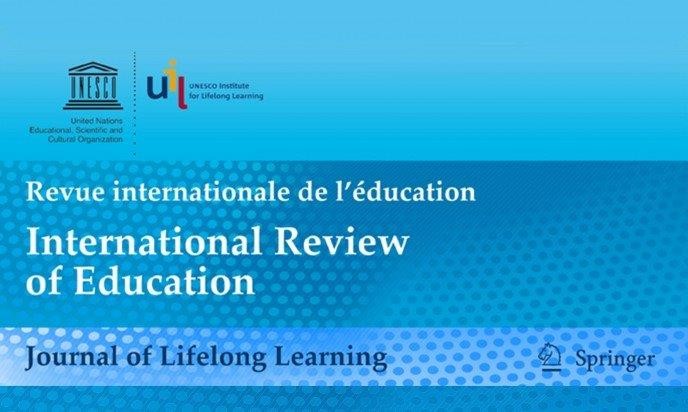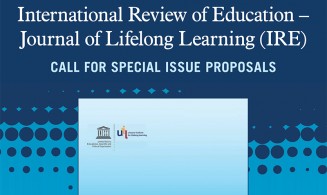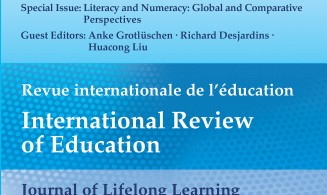

The new issue of IRE considers whether instrumentalist estimations of the value of education are equal to the challenges the world faces
ire_0.jpg

The February issue of the International Review of Education – Journal of Lifelong Learning (IRE) explores the urgent need to reappraise the way in which we think about and value education and asks how we can widen its purpose to enable us to meet today’s challenges.
While UNESCO’s founding mothers and fathers thought of education as a human right, with ‘intrinsic,’ rather than instrumental, value, and recognized its wider range of social and civic benefits, recent decades have seen this understanding take a backseat to more utilitarian appreciations of education focused on work-related skills and employability.
This issue of IRE reflects critically on this view of education, arguing that the broad, holistic nature of the 17 Sustainable Development Goals, and their interconnected nature, demands an urgent revaluing of education and lifelong learning. Most of the articles in the issue reflect, in one way or another, the notion that the certainties of the recent past deserve challenge.
Two articles address the climate crisis and sustainability. One explores recent Tanzanian education policies through the lens of Julius Nyerere’s philosophy of education for self-reliance, finding that literacy initiatives seek to prepare Tanzanians for work rather than empowering rural communities for sustainable development. The other introduces sustainable learning and education, ‘an emerging philosophy of learning’ involving ‘ongoing, purposeful, responsive and proactive learning’ as the learner ‘builds and rebuilds her or his knowledge and skills base as circumstances change’.
A third article scrutinizes the Programme for the International Assessment of Adult Competencies (PIAAC) and assesses its attempt to factor in meaningful literacy practices. A fourth considers how to address the high drop-out rates in massive open online courses (MOOCs) by adapting the motivational formative assessment tools used in massively multiplayer online role-playing games (MMORPGs).
A final article also considers student engagement, but from the perspective of providing education in conflict-ridden countries and regions. It examines the Iraq Accelerated Learning Programme, set up in 2005 by the Government of Iraq, in partnership with the United Nations Children’s Fund (UNICEF), and draws out important lessons that could apply to other conflict-affected contexts.



